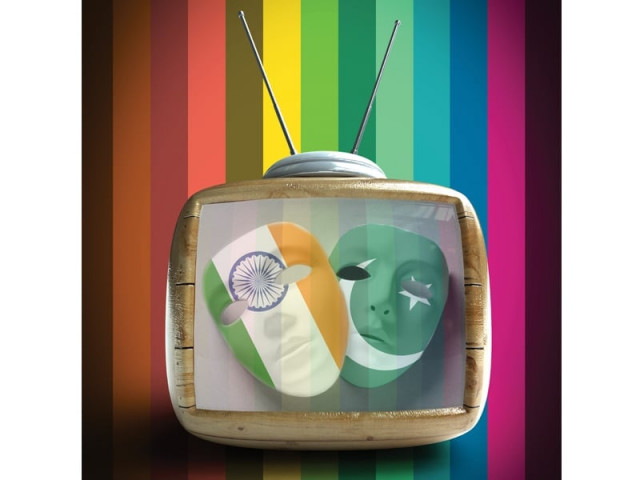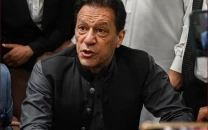Track-II diplomacy: A great leap forward needed to break impasse in Indo-Pak ties
Participants of ‘Delhi Dialogue’ discuss bilateral trade, Afghanistan, Kashmir, terrorism and extremism.

Diplomats, legislators, journalists and academics from India and Pakistan have stressed the need for a great leap forward to break the current impasse in bilateral engagement between the two countries. They expressed dissatisfaction over the “glacial” progress on all aspects of bilateral ties, according to a press release issued by Jinnah Institute, an Islamabad-based think-tank that had organised a Track-II dialogue in collaboration with the Centre for Dialogue and Reconciliation in New Delhi on December 18-19.
The participants of the conference felt that although normalisation of ties was not yet possible, there was need for meaningful “grand gestures” from both sides to make this happen.
“Incremental steps towards regional peace were welcome, but the bilateral relationship was still seen to be vulnerable to episodic events that could derail the ongoing bilateral dialogue,” they said. They observed that an “uninterrupted” dialogue could be realised if terrorism did not pose as big a threat.
The participants discussed bilateral trade and economic integration, the situation in Afghanistan and Kashmir, the role of media in mitigating conflict, terrorism and extremism with a view to devising solutions to these challenges in both countries. There was consensus that both countries had much to gain from the recently concluded economic CBMs in terms of trade and economic integration. It was felt that expanding trade with India would be more advantageous to Pakistan, whereas India woukd have to play a bigger role for regional trade to achieve its potential.
Afghanistan
Participants underlined the need for a bilateral cooperative security framework on Afghanistan. Afghanistan was turning out to be a new faultline in Indo-Pak relations and the degree to which both countries could find strategic accommodation in Afghanistan depended on progress in the official dialogue. It was agreed that both countries must take into account each other’s concerns and ensure that their policies do not lead to strategic anxiety or conflict escalation. It was suggested that India and Pakistan assist Afghan development in ways that create opportunities for cooperation.
Kashmir
They observed that any solution for Afghanistan was linked to the Kashmir issue. There was a feeling that despite the CBMs on cross-LoC trade, Kashmir had been left on the back burner. The participants discussed the non-violent freedom movement going on in Kashmir, demographic, social and political changes in the valley and human rights concerns.
Media
The role of media in conflict mitigation was also discussed.
The participants spoke about how media was the “drawing board” where public discourse was constructed and that the media in both India and Pakistan had a responsibility to relay news with accuracy. The participants felt that media was often criticised as a driver of conflict, whereas much of the blame could be laid on bilateral mistrust which the media portrayed. They stressed the need for greater interaction between media persons from India and Pakistan to allow impressions to change.
Terrorism, extremism
Participants noted that terrorism and extremism do not take place in a vacuum and are products of other political and social causes. In the Indo-Pak context, terrorism and extremism were posing the greatest threat to the social fabric. The participants observed that broad social engagement within society was one way to combat these challenges so that the “constituencies of peace” could be identified and expanded against the onslaught of extremism.
Published in The Express Tribune, December 22nd, 2011.



















COMMENTS
Comments are moderated and generally will be posted if they are on-topic and not abusive.
For more information, please see our Comments FAQ